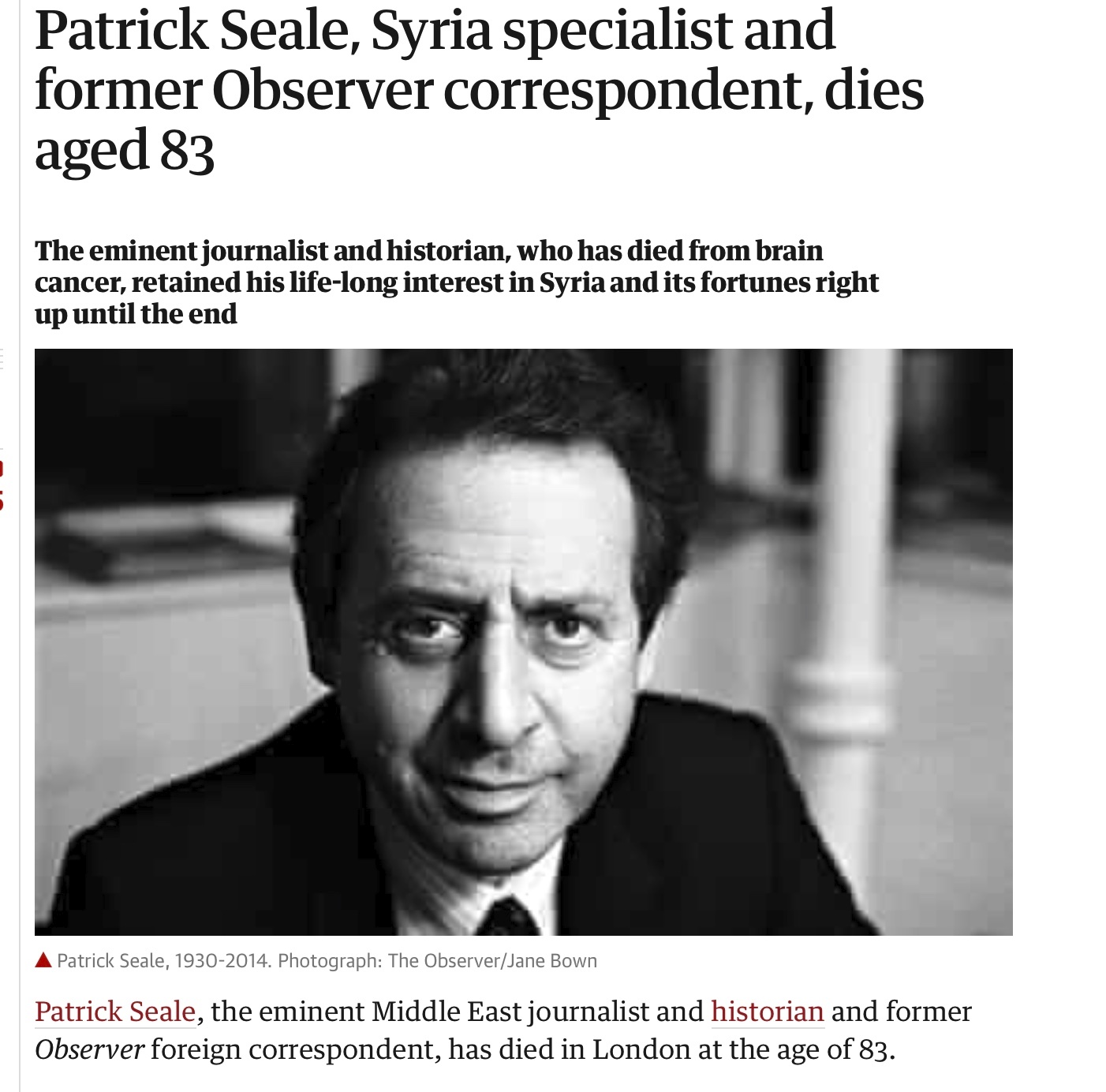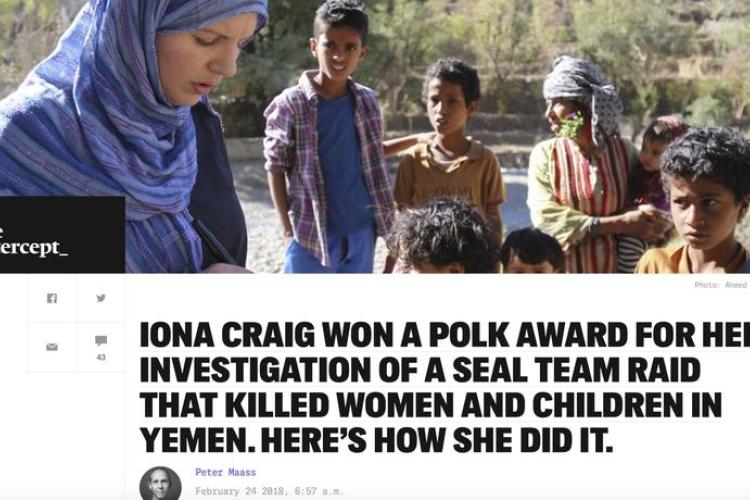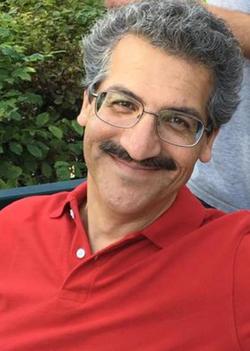Reporting on the Middle East: Revising First Drafts of History (FNDS 3401)

Western journalists reporting on the Middle East are part of a larger group of diverse travelers to the region that have shaped narratives about it for global audiences.
Journalists from the Middle East are part of a larger group of modern professionals that influence trends of political and social change at home and also aim to represent their home societies to global audiences.
In this course, we will use the tools of today’s Middle East specialists to investigate the narrative frames used to simplify the complexities of past and contemporary events. As a final project, student research teams will do scholarly revisions of press accounts that they select from among today’s headlines and “breaking news” segments.
This course covers topics in the disciplines of History, Middle East Studies and Journalism.

Who should take this course?
People intrigued by “fake news” and skeptical of news coverage and scholars. This course is about understanding how explanations become stories with real power to shape our thinking.
More about this course
Course number: FNDS 3401
Number of Credits: 3
Search UM-Dearborn Class Schedule to find out more.
Dearborn Discovery Core requirements met: Upper-Level Writing Intensive
Meet your faculty member: Camron Michael Amin, Professor of History; Director, Middle East Studies Certificate Program
One of the benefits of taking a Foundations course is gaining a faculty mentor that can support you throughout your college career. Get to know Cam Amin, faculty member for Reporting on the Middle East: Revising First Drafts of History.

I was born in 1965 in Urbana, Illinois to an American mom and an Iranian dad. My family moved to Iran in 1971. As the revolution of 1977-79 swirled about my family, I (like many) tuned into BBC broadcasts to try and figure out what was going on in Iran itself.
It was only upon returning to the US that I realized how different Iran was from American press reports about it (to say nothing of how different America was from its television shows. “Wait, you don’t have starships and little houses on the prairie where things get worked out with justice and humanity?”).
Can you make a career out of being confused? You can. And I have. Join me for a term, and, maybe you’ll see just how studying narratives about what’s going on (and what happened before that) is its own reward.
Have questions about this course? Email Dr. Amin at [email protected].
